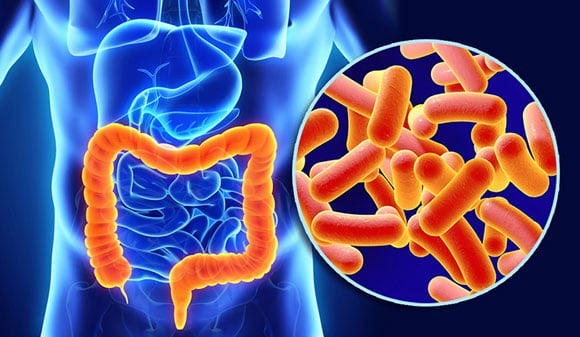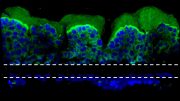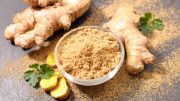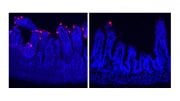
Researchers identify key protein that contributes to colitis.
New research from Yale University identifies that the protein IL-18 plays a key part in the development of the colitis.
The cause of Ulcerative Colitis, a debilitating disease of the intestine, is unclear. A Yale-led study has illuminated the role of a protein that plays a key part in the development of the condition. The research, published in the December 3 issue of CELL, could lead to the development of new therapies to treat the painful disease, which is on the rise in Western countries.
Colitis is characterized by inflammation in the lining of the large intestine, or colon. Scientists who study the disease have long known that a protein, IL-18, is involved in the development of colitis, but there was considerable debate about whether it has a protective or harmful role. To investigate the role of IL-18, the research team generated genetically modified mice lacking the protein or its receptor in either intestinal epithelial cells or immune cells. The team was lead by senior author Dr. Richard Flavell, chair of the Department of Immunobiology at Yale School of Medicine.
The researchers found that when IL-18 is elevated, it caused a dysfunction in goblet cells, which are specialized epithelial cells that form a protective mucus layer in the intestines, preventing inflammation and colitis. “What we showed was that when we have excessive production of IL-18 during inflammation, we get a defect in goblet cell development and mucus production in the intestine, leading to breakdown of the mucosal barrier,” said Roni Nowarski, postdoctoral fellow in immunobiology and first author of the study. Remarkably, he noted, the same goblet cell and mucus layer pathology is also observed in Ulcerative Colitis patients.
With this new understanding, the Yale-led team established a target for therapy in Ulcerative Colitis and perhaps Crohn’s disease, another inflammatory bowel disease. The next step is to develop a therapy based on the findings. “We’re going to look for different compounds that could block IL-18 in the intestines,” said co-author Ruaidhri Jackson, postdoctoral associate in immunobiology.
Reference: “Epithelial IL-18 Equilibrium Controls Barrier Function in Colitis” by Roni Nowarski, Ruaidhrí Jackson, Nicola Gagliani, Marcel R. de Zoete, Noah W. Palm, Will Bailis, Jun Siong Low, Christian C.D. Harman, Morven Graham, Eran Elinav and Richard A. Flavell, 3 December 2015, Cell.
DOI: 10.1016/j.cell.2015.10.072









Be the first to comment on "Yale Study Shows Protein IL-18 Contributes to Colitis"